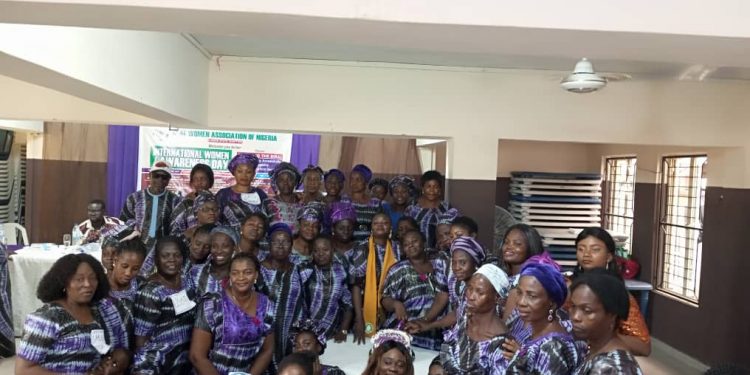The Lagos State Chapter of the Deaf Women’s Association of Nigeria (DWAN) has expressed grave concerns that Deaf women who experience various forms of sexual, physical, psychological, and emotional violence continue to suffer untold challenges when trying to seek redress in the criminal justice system.
The association expressed concern during a stakeholders forum in Lagos with the theme, “Body Autonomy: The Place of Consent, Negotiation, and Assertiveness.”
The association reaffirms that unless government at all levels becomes intentional about ensuring justice for Deaf women who are raped and vandalized every day by intimate partners, care givers, families, and friends, more women will slide into a lifetime of mental disorder.
According to Chairperson of DWAN in Lagos State, Yemisi Isado, communication barriers remain a major problem for Deaf women with GBV experience, and this has always meant not getting justice for the violence they suffer.
“Imagine a woman who is deaf but wishes to report a physical or sexual assault against her at the police station. That is where your trauma begins automatically because police officers can’t make sense of the experience you are struggling to report.
“And so, if you cannot afford the cost of hiring a professional sign language interpreter to help marshal your points in a language the police officers will understand, the other option would then be to go back to the community and nurse a mental injury as you watch the predator who violated you go about free of stress.”
Isado, who has lost a tooth due to spousal violence spanning two decades, revealed that aside from communication barriers, the widespread perception of women with auditory impairment as useless and helpless also continued to aggravate the ordeals of Deaf GBV victims.
“The courts across states in Nigeria are not equipped with sign language interpreters either. So many of our women who desire justice are now learning to abandon their pursuit because they can’t afford to hire a lawyer in the first place, much less pay extra money for the service of an interpreter,” Isado decried.
While explaining body autonomy as sexual rights for everyone, disability rights advocate and keynote speaker at the stakeholders’ forum, Tomisin Adeyefa, argued that women in Nigeria are still subjected to silence, coercion, and fear, accompanied by all the implications that come with not having access to information and facilities that would help improve their sexuality and sexual health.
The disability rights advocate argued further that although consent is the expression of agreement from one or both parties involved in a sexual activity, an average woman with a disability who sometimes relies on spouses, care-givers, neighbors, colleagues, etc. for support and care is often forced to give consent. And when consent is withdrawn, the woman is tagged as “ungrateful.”
Adeyefa, however, advised that women and girls with disabilities develop the skills to be firm and assertive in order to prevent exploitation and violation.
In addition, she also argued that women with disabilities need to discover the power of negotiation as this will help them to further protect themselves from unsafe and unwanted sex.

